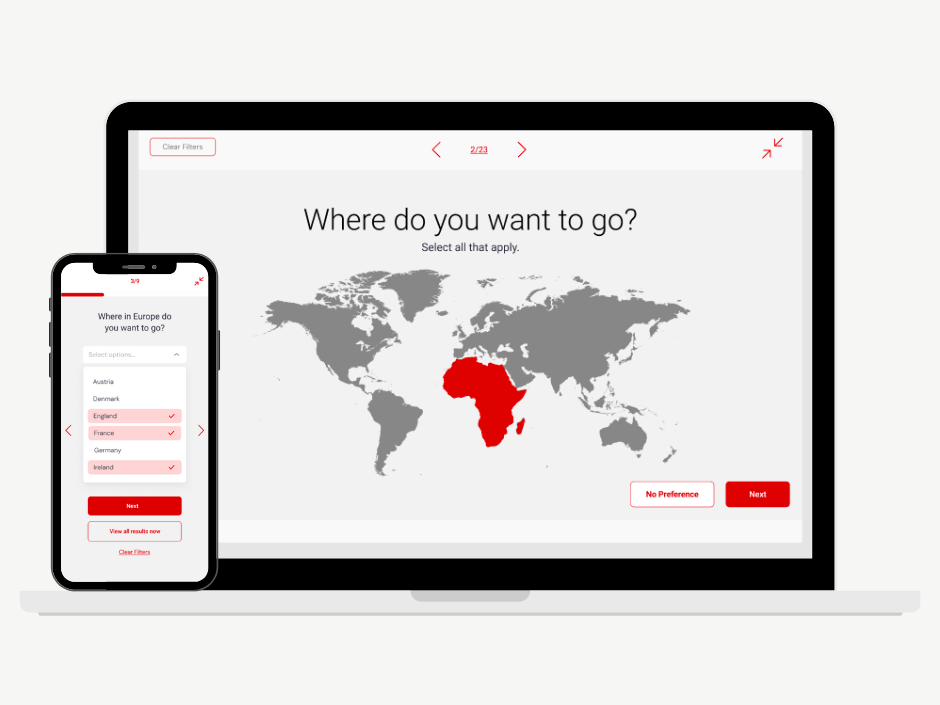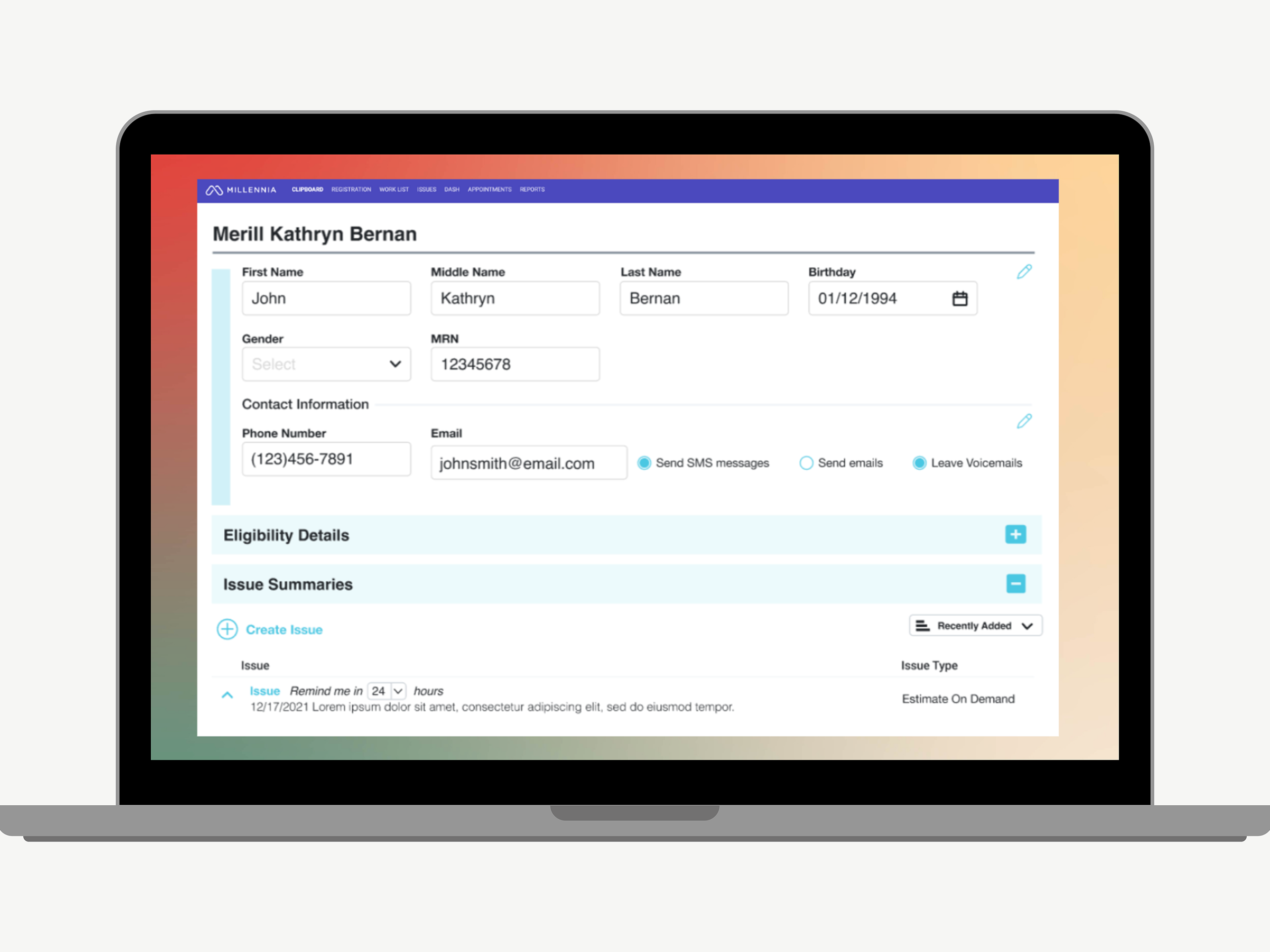Overview
In an era of increased political engagement and digital connectivity, social media platforms have become vital avenues for individuals to express their political views, engage in discussions, and foster connections with like-minded individuals. However, the existing social media platform catering to politically inclined users suffers from a significant design flaw, resulting in a confusing and unsatisfactory user experience. As a UX Designer, I undertook the challenge of addressing this problem and transforming the platform into a user-friendly and engaging space for politically oriented discourse.
My Role
UX,UI Design
Team
Development
Product Managers
Problem
The Current Problem: The current social media platform for politically inclined users lacks a functional design, undermining the overall user experience and impeding users' ability to navigate and engage effectively with political content. Several critical issues contribute to this problem:
Chaotic Information Overload: The platform overwhelms users with an excessive amount of unfiltered political content. The lack of effective organization, content categorization, and personalized recommendations make it arduous for users to discover relevant and meaningful political discussions and updates. This information overload causes frustration and hinders users' ability to engage with topics of interest.
Inefficient Search and Filtering: The current platform lacks robust search and filtering mechanisms tailored to political content. Users face difficulty in finding specific political discussions, posts, or profiles aligned with their interests. The absence of advanced search options, relevant tags, and intuitive filters leads to a frustrating and time-consuming exploration experience.
Limited Contextualization and Verification: Political discussions often require accurate context and reliable sources of information. However, the platform fails to provide features that ensure the authenticity and credibility of political content. The absence of mechanisms for fact-checking, source verification, and contextual annotations contribute to the proliferation of misinformation and hinder productive discussions.
Poor Community Management: The platform lacks effective community management tools and features that encourage healthy political discourse. The absence of moderation options, robust reporting systems, and features to discourage hate speech and toxicity diminishes the overall platform experience and may deter users from engaging in meaningful political conversations.
Impact on Users: The existing design flaws have a profound impact on politically inclined users, affecting their ability to participate meaningfully in political discussions and engage with like-minded individuals. The confusion and frustration caused by the platform's suboptimal design discourage users from actively sharing their perspectives, exploring diverse viewpoints, and building a community around shared political interests. This hampers the platform's potential as a catalyst for informed political engagement and dialogue.
Solution
Solution Approach: As a UX Designer, my primary goal is to create a user-centered, intuitive, and conducive user experience on the politically oriented social media platform. To address the identified problems, my proposed solution involves the following:
Streamlined Content Discovery: Implement intelligent content recommendations, personalized feeds, and effective content categorization to help users discover relevant political discussions, news, and updates. Employ user preferences, interests, and political affiliations to curate tailored content experiences that align with users' values and preferences.
Advanced Search and Filtering: Enhance the platform's search capabilities by incorporating advanced filters, tags, and sorting options specific to political content. Enable users to find and explore political discussions, profiles, and topics of interest with ease and efficiency, fostering a more focused and satisfying user experience.
Credibility and Contextualization Features: Integrate fact-checking mechanisms, source verification tools, and contextual annotations to provide users with reliable information and foster informed political discourse. Empower users to discern accurate information, evaluate sources, and engage in meaningful discussions based on trustworthy content.
Effective Community Management: Develop robust community management tools, including moderation options, reporting systems, and features to discourage hate speech and toxicity. Foster a respectful and inclusive environment for political discourse, ensuring that users can engage




